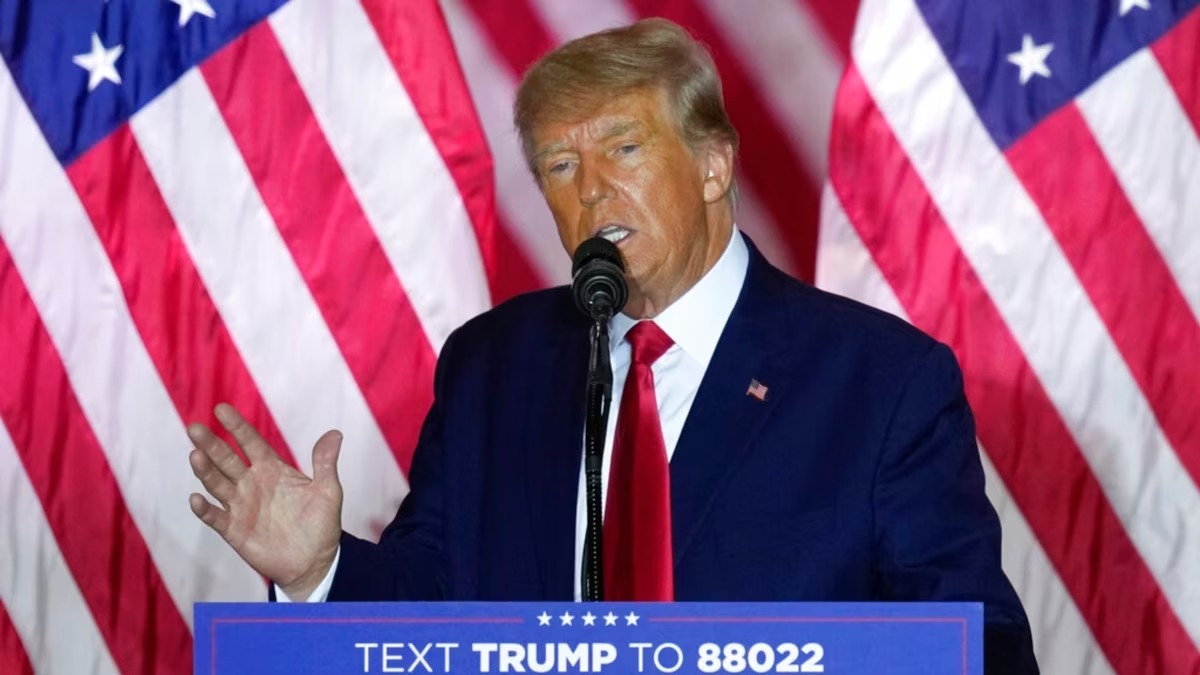In the legal battle over safeguarding the identities of witnesses in the criminal mishandling case against Donald Trump, special counsel Jack Smith detailed numerous threats against prosecutors, judges, and other witnesses this week.
The special counsel’s office disclosed that one threat against a witness had triggered a federal investigation, emphasizing the risks of witness intimidation and harassment.
The ongoing struggle to protect witnesses underscores the challenges in cases involving Trump and has prompted discussions in court about limiting the former president’s public discussions to ensure fair proceedings.

The case involving classified documents, particularly in Florida, has been shrouded in secrecy. Judge Aileen Cannon, presiding over the federal criminal case in Florida, is evaluating the Justice Department’s concerns about witnesses while addressing requests for transparency in the proceedings.
Prosecutors have highlighted instances of threats or intimidation directed at Judge Cannon, FBI agents, the judge who approved the search warrant of Mar-a-Lago, the special counsel, Justice Department prosecutors, and potential witnesses in the case.
In response to recent threats, prosecutors revealed that a prospective government witness had been threatened over social media, leading to a US attorney’s office investigation. However, the prosecutors are cautious about disclosing more details in court, fearing potential disruptions to the ongoing investigation.
Many potential witnesses involved in the Mar-a-Lago investigation are already publicly known due to their participation in the grand jury proceeding leading to Trump’s indictment.
The prosecutors aim to keep the names of several government personnel secret, including those from the National Archives and Records Administration (NARA), a Department of Energy lawyer, and more than 20 FBI agents present during the August 2022 search of Mar-a-Lago.
They argue that maintaining confidentiality is crucial to preventing harm to witnesses and preserving the judicial process. Trump’s lawyers seek to make the witnesses’ names and related information public but are bound by a court order requiring the judge’s permission for disclosure.
The prosecutors accused Trump’s legal team of continuously attempting to delay the trial by seeking more discovery and additional time for pretrial motions. They argue that Trump’s objective is to prolong the trial as much as possible and characterize the tactics deployed as relentless and misleading.
The trial is currently scheduled for May, and prosecutors assert that Trump’s legal maneuvers aim to stall the adjudication of charges by a fair and impartial jury.
